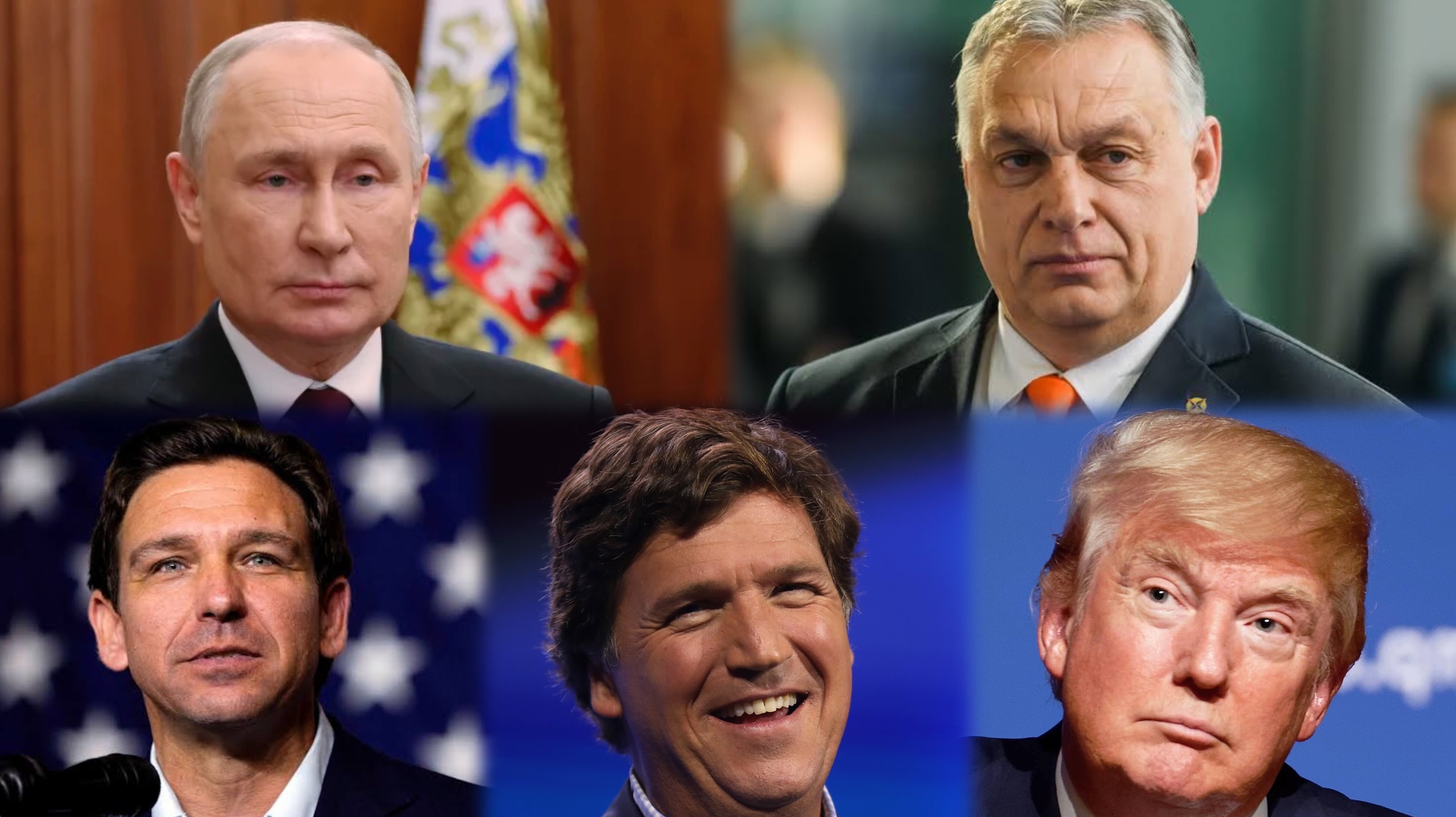
A review of America Last: The Right’s Century-Long Romance with Foreign Dictators by Jacob Heilbrunn, 249 pages, W.W. Norton (February 2024)
In America Last, Jacob Heilbrunn argues that Trump’s “America First” slogan signals the renewal of a marginal but persistent authoritarian strain in American thought. This tradition may be less famous than the liberal internationalism of Roosevelt, Truman, Reagan, or Biden, but it is nonetheless firmly rooted in the American political landscape. Pushed to the margins during World War II and the Cold War, it finally broke into the mainstream during the first Trump administration, when the president’s enthusiasm for foreign dictators—and his disdain for liberal democracy at home and abroad—finally found a niche within the American establishment. Heilbrunn nervously wonders if the longstanding alliance between the cultural conservatism of small towns and anxious elites will lead, not to American isolationism, but to a new illiberal international, in which the United States abandons its liberal-democratic allies in favor of alliances with authoritarianism and cultural conservatism abroad.
Heilbrunn is the editor of the National Interest, a journal in the “realist” tradition of foreign-policy commentary, and in his 2008 book They Knew They Were Right: The Rise of the Neo-Cons, he excoriated American neoconservatives for the hubris that he believes led to the Iraq war. The statement of purpose on the National Interest website echoes these themes:
A reflexive substitution of military might for diplomacy, of bellicose rhetoric for attainable aspirations, dramatically weakened rather than strengthened America’s standing around the globe. But today, as China, Russia, and other nations assess and act upon their own perceived national interests, Washington must attempt to understand those nations as they understand themselves.
Heilbrunn’s position as editor of an influential journal provided him with a front-row seat to Trump’s foreign-policy revolution, and he didn’t like what he saw. He worries that right-wing think-tankers’ attempts to understand Vladimir Putin and Hungary’s Viktor Orban have crossed into agreement and excuse-making. “Where the neocons had once counseled intervention everywhere,” he writes in America Last, “the new advance guard was declaring that it should take place nowhere.”





